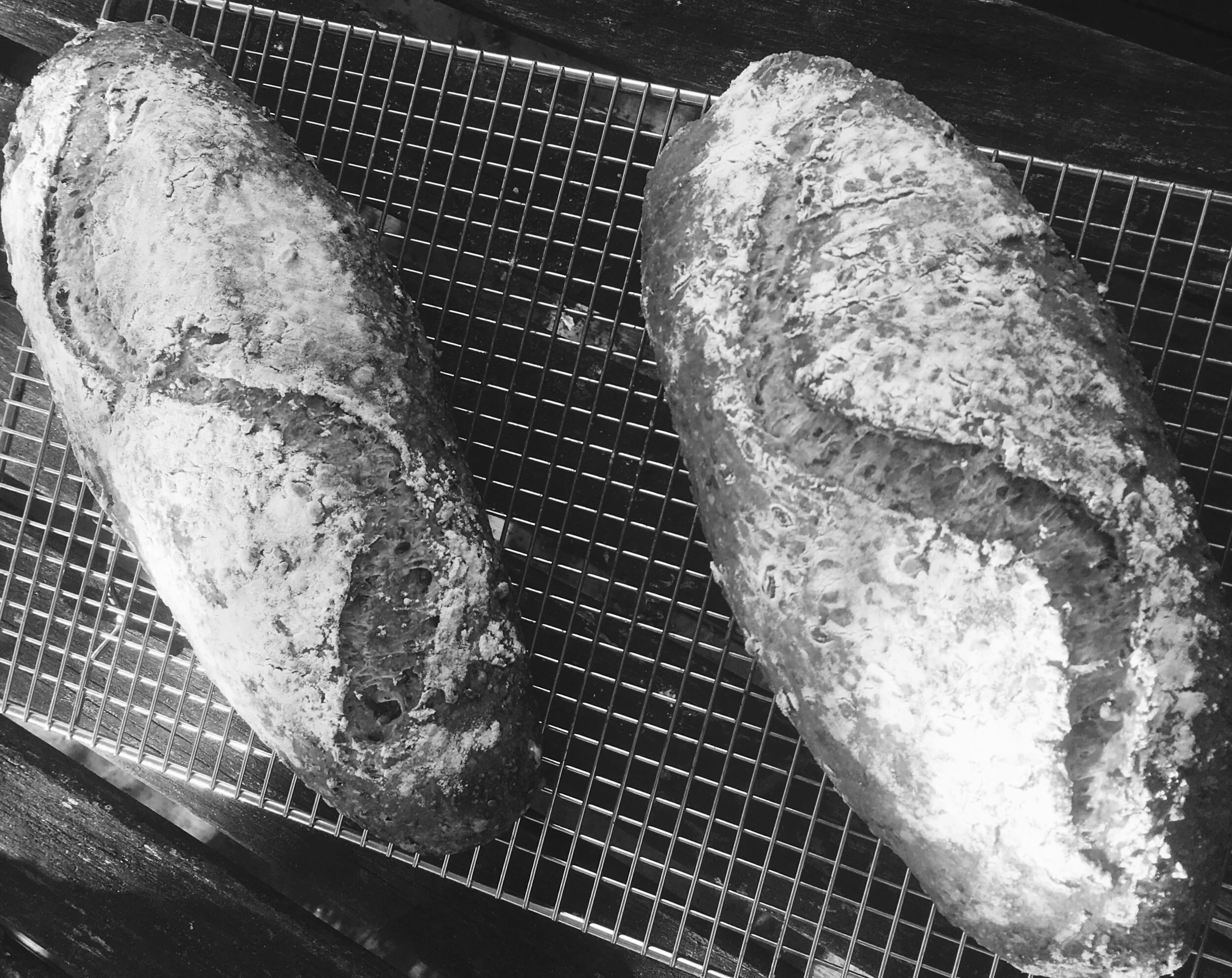A question of taste.
Alimentary was founded in 2011 as an independent think tank on food systems. We saw the need to integrate work on sustainability, environment, health, and justice with considerations of taste, aesthetics of food, and the culture of food. The company researches and experiments with ways to improve food sustainability, justice, health and waste management, while paying detailed attention to aesthetics including taste, appearance, aroma and texture. At Alimentary, we have identified food distribution as a nexus for our work. This beautiful planet produces enough food to feed the entire human population. Where things fall apart is distribution, with the result that some places throw out vast quantities of perfectly good food, and others are left with insufficient supply. Championing local organic food production and short route distribution channels, exploring possibilities of novel food stuffs, and experimenting with ways to extend food longevity without compromising quality are three streams of our work in this area. Sometimes our research leads us to design independently run experiments, “alimentary initiatives”. Alimentary’s founder, Dr. Aruna Antonella Handa, occasionally advises companies, research bodies, and cultural institutions on a wide range of food and communications issues. To view a list of current and past clients and partners, please click here.
CURRENT INITIATIVES
FUTURE FOOD SALON (2010-PRESENT)
The Future Food Salon draws artists of every description including chefs, inventors, scientists, farmers, food producers, and cultural critics together to contemplate and then create the future of food. From signature cocktails to canapés, from artwork to improvised music and opera, from inventions and prototypes (counter-top cricket farms, anyone?) to a series of gustatory firsts, the Salon is an opportunity to meet futurists, foodies, and environmentalists, and to create and taste the future. In the last two series, which explored edible insects, eleven events including two sit-down multi-course dinners, one at New York’s upper east side at The Explorers Club and a second in a huge tent in Montreal’s Botanical Gardens were hosted in Toronto, Montreal, Austin and New York.
The upcoming series, Future Food Salon 3: Voyage to Anthropocene, stars the fantastic world of fungi and with algae in a supporting role. Chefs in Canada and the US are already developing new recipes to bring to the Salon. This salon features an immersive theatrical voyage landing at the Guelph Arboretum, near Lake Crawford, the golden spike of the Anthropocene. The long delay in the launch of Voyage to Anthropocene has only served to make this Salon wilder and wilder. There is a limited number of seats for these voyages, so please sign up here to be the first to know when tickets go on sale.
HOT KITCHENS (2011-PRESENT)
When running the Office Markets, we noticed that small batch food producers spent a lot of time trying to locate a public health certified kitchen in which to prepare their pickles, sorbets, or breads. Some only needed a commercial kitchen for a few hours a week. They could not afford, nor did they need, to rent a kitchen by the month. At the same time, with commercial rents so high in Toronto, it made sense for venues to earn extra income renting unused commercial kitchen space and time. Enter the Hot Kitchens Initiative, which links local small batch food producers with commercial kitchens that rent by the hour or by the day. This initiative is still operational.
PAST INITIATIVES
TORONTO OFFICE MARKETS (2011-2012)
Our first initiative was the Toronto Office Markets, an attempt to make local food more accessible and convenient for city dwellers while opening new channels of distribution for local food producers. In the wake of consolidation of the three major supermarket chains in Canada: Loblaw, Sobeys and Metro, most local food producers and growers were relegated to weekend markets and small independent food shops. Toronto Office Markets opened small “pocket” markets in the lobbies of office buildings, courtyards and even in a bank. Some markets had as few as five vendors, while others boasted more than a dozen. The initiative ran for 18 months, and then we shared our findings with others, giving talks about the initiative at local and international conferences.
EATING INNOVATION CONFERENCE
Out of the Future Food Salon grew the Eating Innovation conference. Although we have held only one conference to date, namely North America’s first international conference on edible insects, in Montreal in 2014, Eating Innovation was conceived as a series of future food colloquia extending the work sparked in the Future Food Salon. The inaugural three-day conference in 2014, with art exhibition, marketplace, Future Food Salon and nine course sit-down dinner of edible insects, the Big Bang Bug Banquet, and three days of plenary and break-out sessions was hosted in partnership with Montreal’s Espace pour la vie Insectarium, and with partners in the Future Food Salon Group, including Culture of Cities Centre, Han Studio, Third Millennium Farming, Cookie Martinez.

